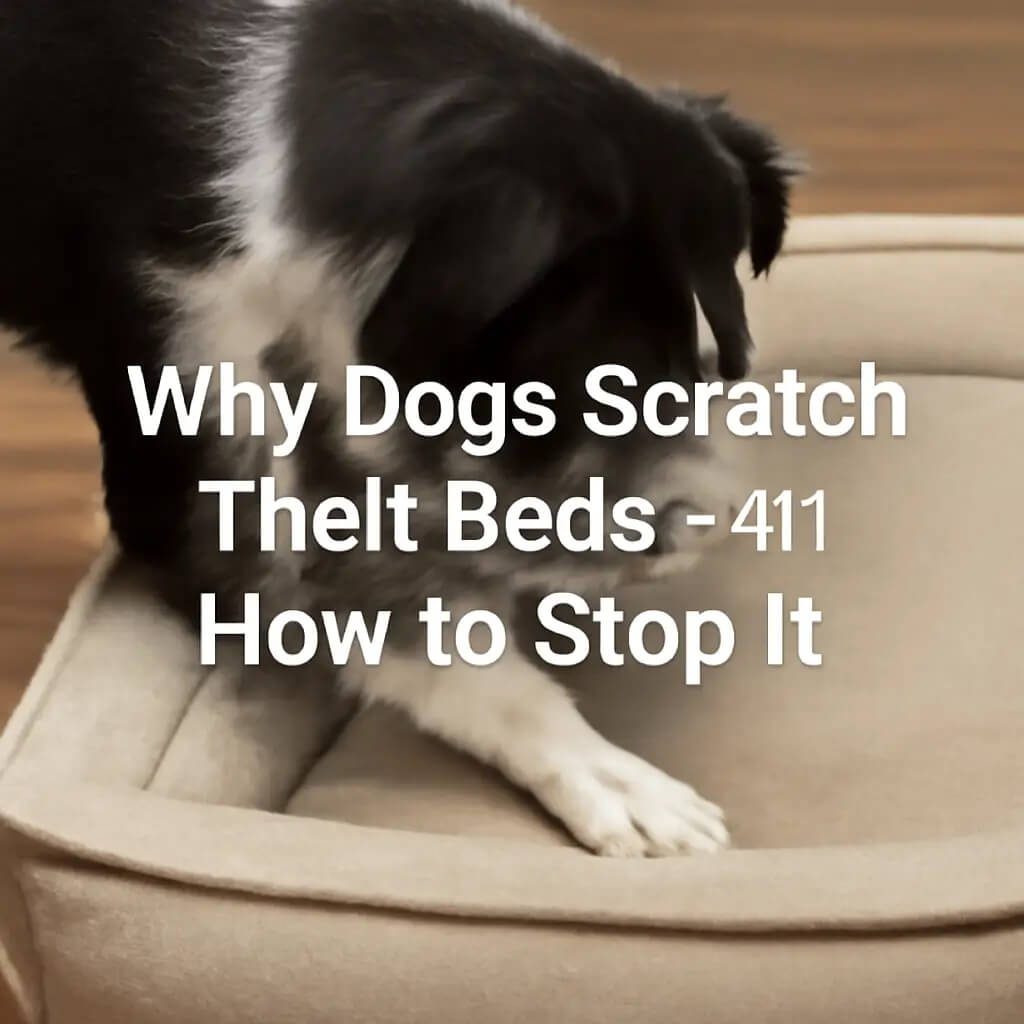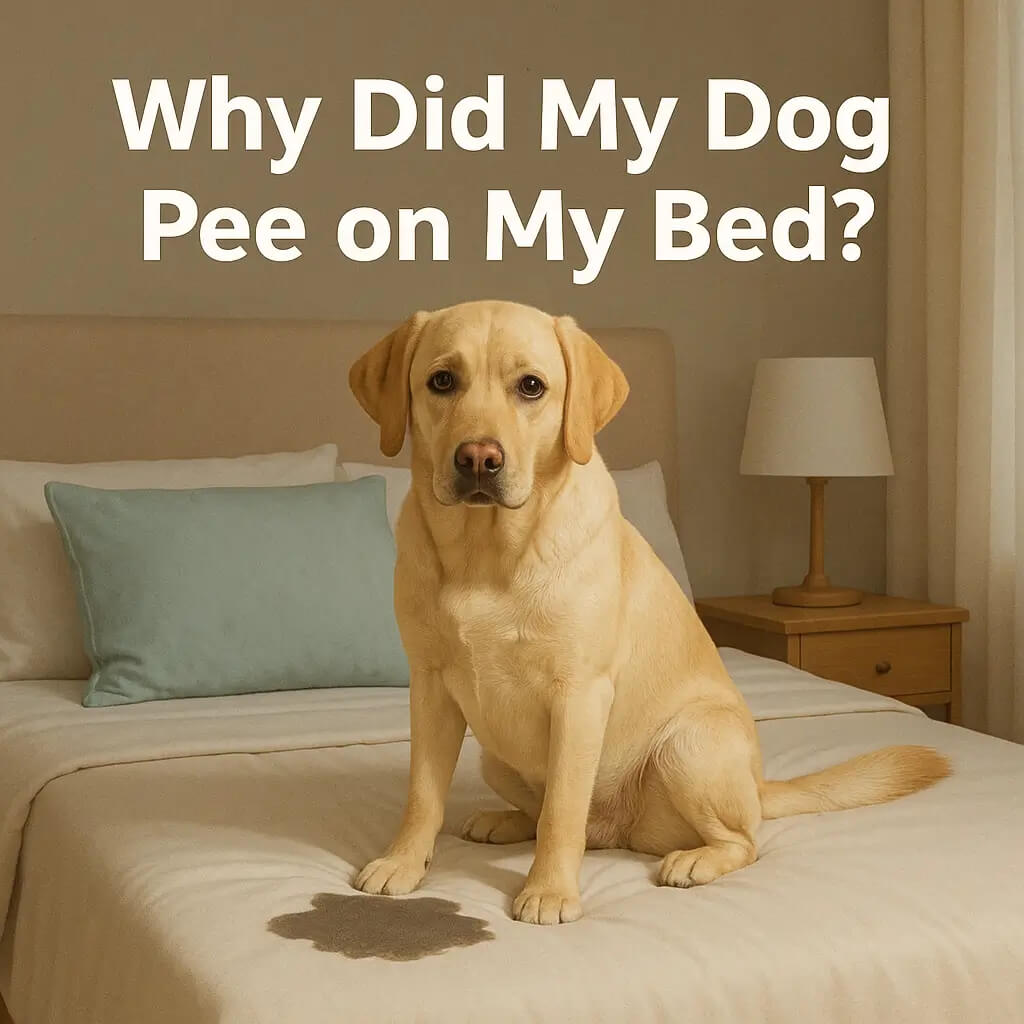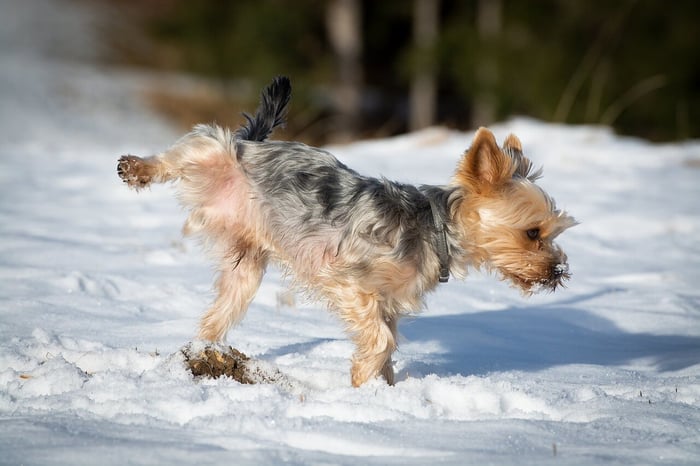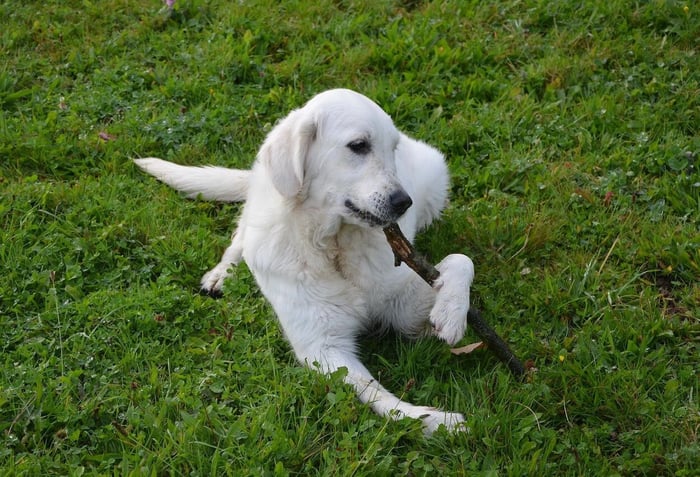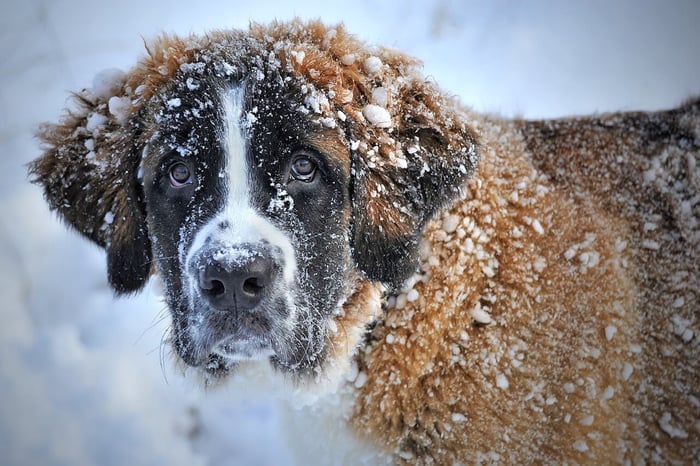Dogs are weird and wonderful and their behavior is often baffling, especially when they roll around on their backs. You may ask yourself, “Why does my dog roll in the grass?” or “Is this normal?” Let’s get to the bottom of this common doggy behavior, we’ll look at everything from ancestral instincts to pure unadulterated joy.
Understanding Dog Behavior
Let’s take a quick trip back in time to when dogs were wild creatures. A time when they relied on their instincts to survive, communicate and express themselves. Just like their modern day descendants who live in our homes, these wild ancestors had a language all of their own, a language of behaviour.
In reality it’s rooted in their survival instincts from their wild ancestors. Despite centuries of domestication dogs have retained some of these instinctual behaviours and yes you guessed it - rolling around is one of them.
When you see your dog rolling around you might laugh at them. They seem to be having a ball as they scratch their backs, wiggle their legs in the air and make a face. Have you ever wondered why they do this? Is there more to it than just basking in the sun?
As we get to the bottom of this behaviour we’ll look at how dogs express the value of scent and the joy of a good scratch. So put on your detective hat because we’re about to solve the mystery of why your dog rolls!
Why Do Dogs Roll on Their Backs and Wiggle?
Watching a dog roll on their back, wiggling with joy, is a scene many pet owners love. But why do dogs roll, scratch and sometimes even rub themselves on what looks like stinky stuff? The answer will depend on their mood, environment and even their health. Here are the top reasons:
Scent Masking: A Natural Instinct from Their Ancestors
One of the most common theories is that dogs roll to mask their own scent. When dogs roll in the grass or other smells it might be an instinctual behaviour passed down from their wild ancestors like wolves. Rolling in different scents can help dogs blend in with their surroundings. So if your furry friend is rolling in the dirt or even less pleasant materials they might be trying to hide in with their environment.
Scent Communication: A Dog’s Way of Sharing Messages
Another reason dogs roll around in different scents is to communicate with other dogs. Scent is a big part of canine communication, almost like a social media post for dogs. When a dog rolls in a spot they might be picking up and sharing information like “I found this cool spot” or “I was here!” This dog behaviour is called scent rolling and shows how important scent glands are in a dog’s body.
Relieving Itchy Skin or Irritation
Sometimes a dog rolling on the ground might just be trying to scratch an itch. If your dog is rolling excessively or focusing on a particular part of their body it could be itchy skin, allergies or even a skin infection. Keep an eye out for loose fur or other symptoms that might need a trip to the vet.

Expressing Joy and Playfulness
Dogs roll around just for fun! Rolling in the grass on a sunny day is a happy dog. This behaviour can be a way for dogs to play or signal excitement. If your dog rolls over and wiggles when you greet them it might be their way of saying “Hello!” and showing off their playful body language.
The Science Behind Dog Rolling
Rolling in dogs is fascinating as it’s a combination of emotional responses all mixed together in their actions and reactions to situations or stimuli around them. From a scientific perspective this behaviour can be linked to the part of the brain that controls emotions, motivation and sensory functions. When a dog rolls it triggers the pleasure centres of the brain and releases hormones such as dopamine and endorphins. This results in a feeling of calmness and contentment so rolling is an activity dogs find natural pleasurable.
And Dog rolling is also connected to the concept of “scent rolling”. This behaviour is about dogs spreading their scent on surfaces—a trait passed down from their wild ancestors. In their habitat scent marking was a way for animals to communicate with their pack mates. By rolling in the grass dogs are marking their territory. They’re creating a sense of belonging in that area. Not only do dogs mask their scent but they also leave a trail for other dogs to follow by doing so.
Why Dogs Roll in the Grass
To Pick Up or Mask Scents
Dogs often roll in the grass or dead animals to mask their own scent. This scent masking helped their wolf ancestors disguise themselves while hunting prey.
To Relieve Itchy Skin or Irritation
If your dog rolls excessively, it may have itchy skin, dry skin, or allergies. According to Cornell University College of Veterinary Medicine, environmental allergens and bug bites are common causes of skin irritation in dogs.
Rolling gives a natural massage, increases blood flow, and helps them reach hard-to-reach spots.
To Play and Feel Good
Rolling simply feels good! Many dogs roll as a way of expressing happiness, just like humans enjoy stretching after rest. It’s a form of play or a way to soothe themselves on a hot day.
To Communicate with Other Dogs
Rolling can leave behind a dog’s own scent, working as communication or scent marking for pack members. Your dog’s behavior may say: “I was here!” or “This smells good!”
To Remove Loose Fur or Debris
When dogs rub or roll, they can remove loose fur and dirt from their coat — similar to self-grooming. It’s also a way to regulate body temperature and relieve discomfort after grooming or bathing.
Why Dogs Love to Roll in Stinky Stuff
Dogs have a notorious love for rolling in stinky stuff, from dead animals to feces. While this behavior might seem baffling to us, it makes perfect sense to our canine companions:
Scent Attraction: Dogs have an incredibly developed sense of smell, which is closely linked to their brain’s reward centers. Strong, pungent smells can stimulate a dog’s senses, releasing feel-good hormones and creating a sense of pleasure.
Instinctual Behavior: In the wild, dogs would often roll in the scent of their prey to mask their own scent and sneak up on their quarry. This behavior has been passed down through generations, making it an instinctual behavior for many dogs.
Social Behavior: Dogs may roll in stinky stuff as a way to communicate with other dogs. By covering themselves in strong smells, they leave behind a scent trail that other dogs can follow, establishing a sense of familiarity and connection.

When Should You Be Concerned About Rolling Behavior?
While rolling is usually a normal and healthy behavior, there are times when it might indicate an underlying issue. Here’s what to look out for:
Excessive Rolling
If your dog starts rolling more than usual or seems to focus on a particular spot on their body, it could be a sign of itchy skin or a skin infection. It’s always a good idea to consult a veterinarian if this behavior becomes obsessive.
Rolling on Specific Surfaces
If your pet dog suddenly starts rolling on hard surfaces instead of their usual grassy spots, it might mean they are trying to scratch an itch or alleviate discomfort. Be sure to inspect for any signs of irritation or pain.
Other Symptoms
Keep an eye out for other changes in your dog’s behavior, such as reduced appetite, lethargy, or excessive licking. These could indicate that your dog’s rolling is a sign of something more serious.
Changes in Behavior
If your usually active dog starts to spend more time rolling and less time engaging in their typical activities, this could signal a problem. Any significant changes in behavior, including eating habits, sleeping patterns, or overall mood, warrant a closer look.
When to Consult a Veterinarian
Talk to a vet about any behavior that keeps happening or seems strange. It's especially important to talk to a vet if your dog's rolling is followed by other worrying signs, like loss of appetite, changes in poop, drowsiness, or acting strangely aggressive.
It's common for dogs to roll around. Its important to monitor their behavior to ensure their well being and happiness. Remember that you have the understanding of your dog so trust your instincts and don't hesitate to consult a vet if you're uncertain, about something.
How Should You Handle Your Dog's Rolling Behavior?
For most dogs, rolling is a harmless and enjoyable pastime. However, as a responsible pet owner, it’s important to make sure this behavior remains safe and healthy. Here are a few tips:
Choose Safe Rolling Areas: If your dog loves rolling in the grass, make sure the area is free from harmful chemicals like pesticides or sharp objects. This ensures your dog’s rolling behavior doesn’t lead to injury or exposure to toxins.
Regular Grooming: Grooming your dog regularly can help reduce the chances of itchy skin or irritation that might cause excessive rolling. It’s also a great opportunity to bond and keep an eye out for any changes in their skin.
Encourage Playful Rolling: If your dog is rolling for fun, you can encourage this natural behavior by joining in the fun with dog toys or a belly rub. Happy rolling is a sign of a happy dog!
Plush Lamb Squeaker Toy Dog Interactive Toy

$6.99
Treat your friend to fun and coziness, with our Cute Sheep Squeaker Plush Toy. Suitable for dogs of any size this charming and huggable toy is crafted to entertain, engage and offer solace to your pet. Adorable Sheep: Carefully designed… read more
Conclusion
In most cases, dogs love rolling because it feels good and comes naturally. Whether they’re marking territory, scratching an itch, or having fun, this instinctual behavior helps them stay relaxed and connected to their surroundings.
Just keep an eye out for excessive rolling, and you’ll easily tell when your dog’s behavior is completely normal — or when a vet visit might help.


